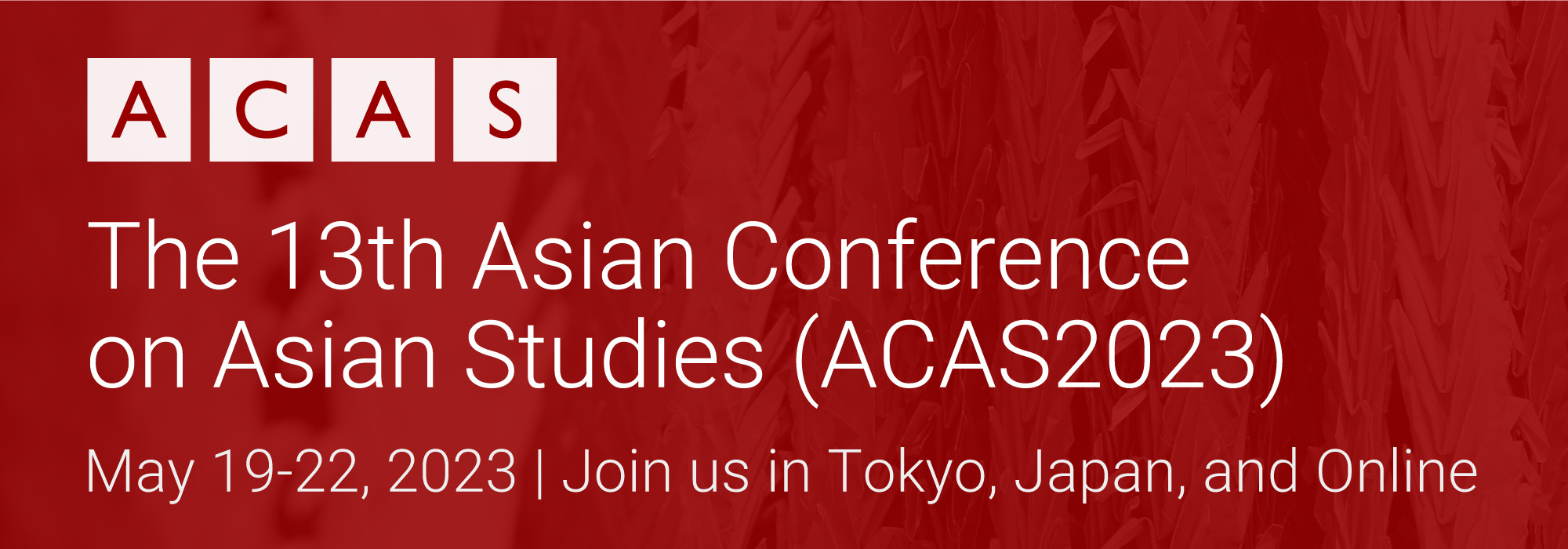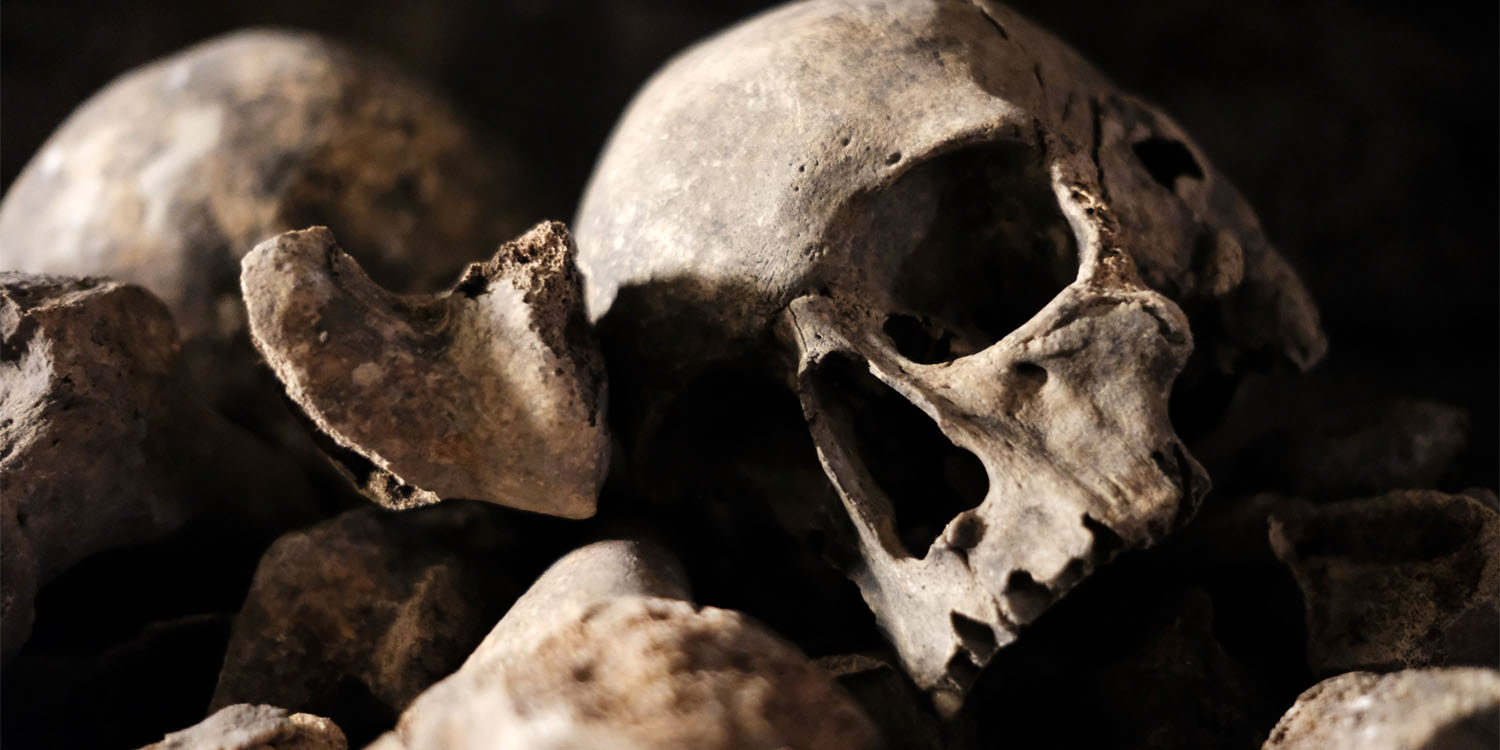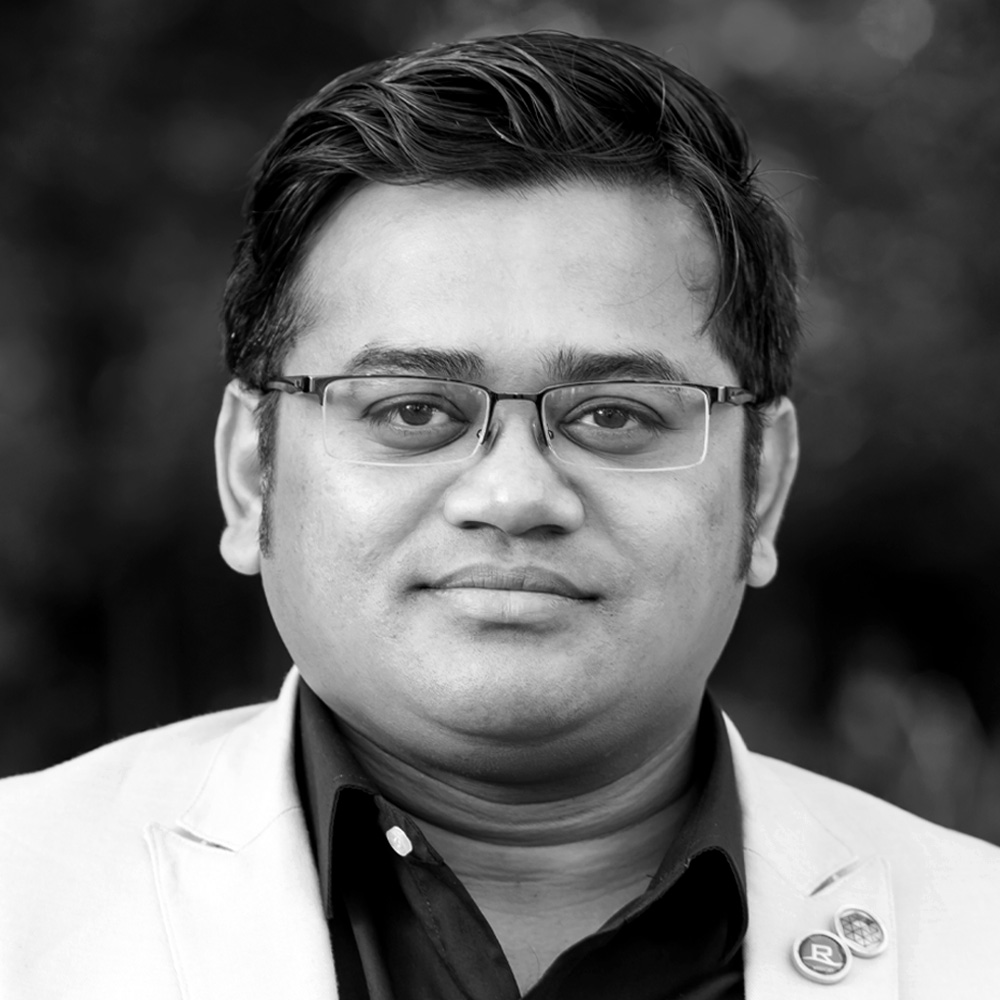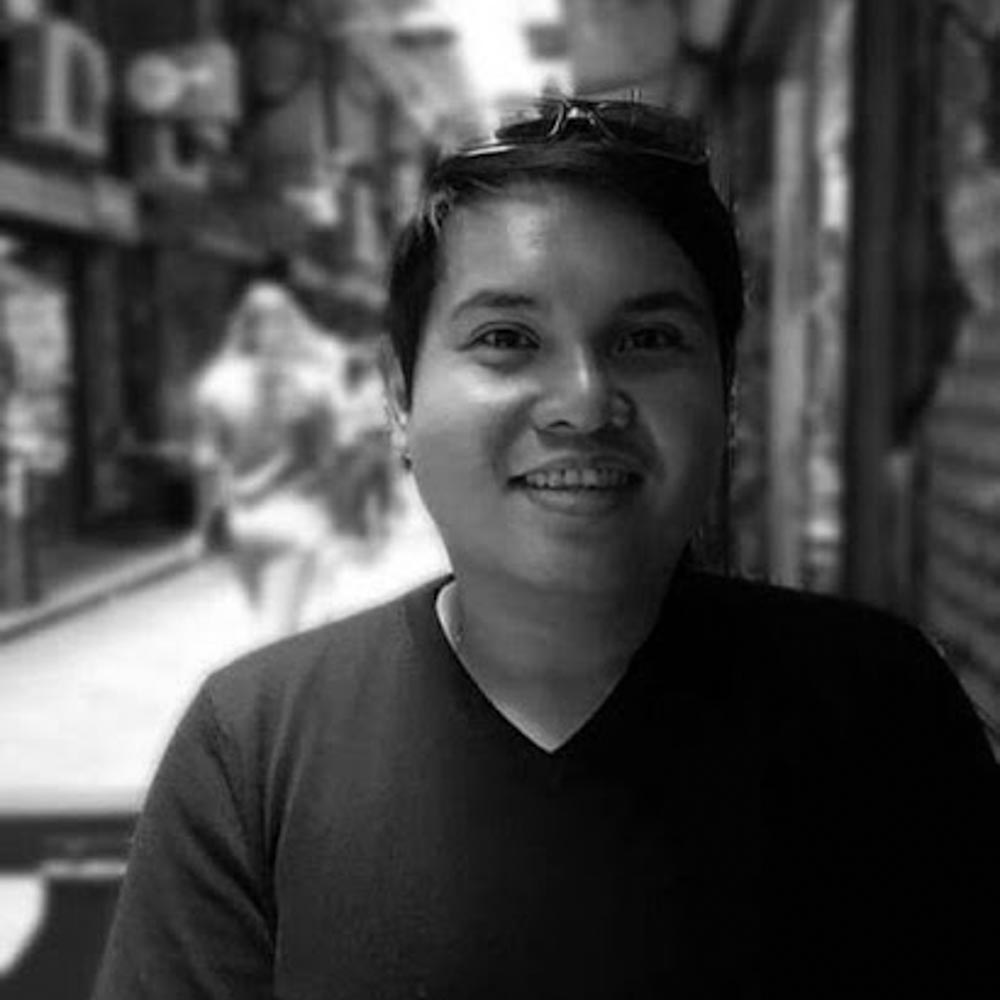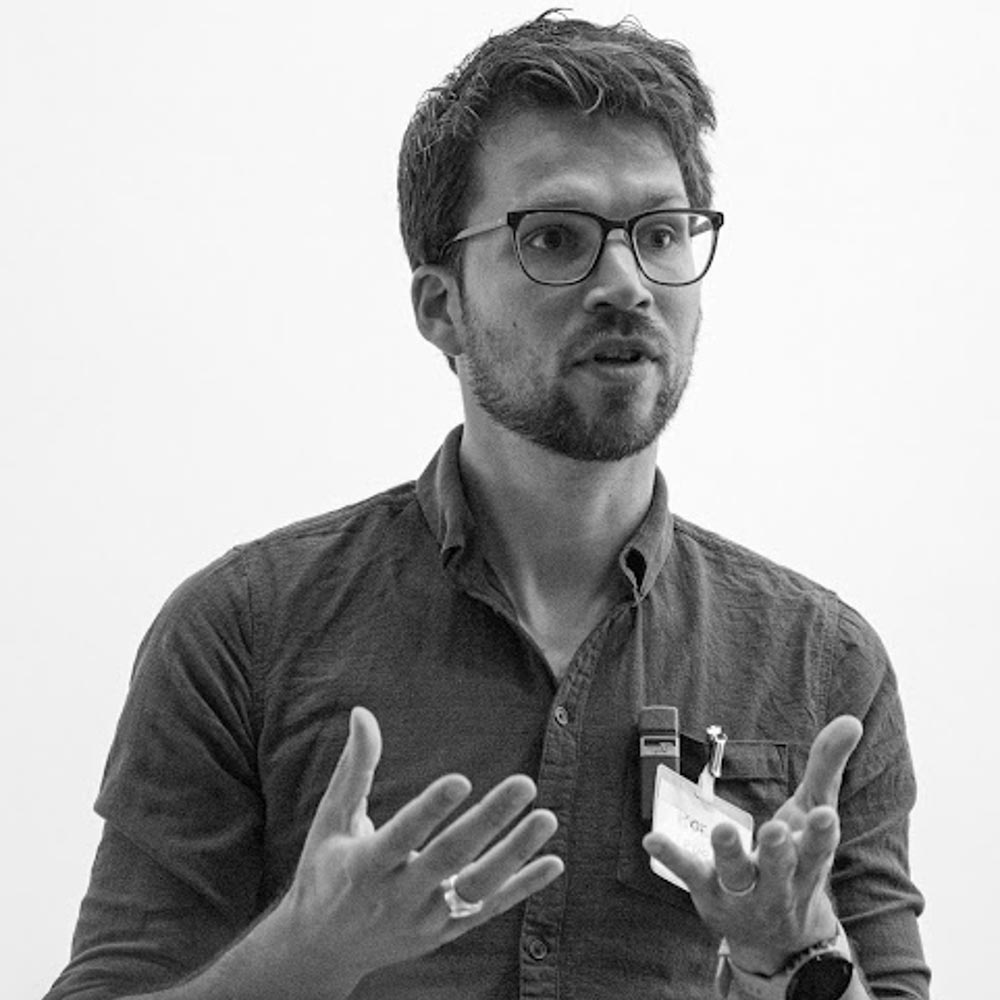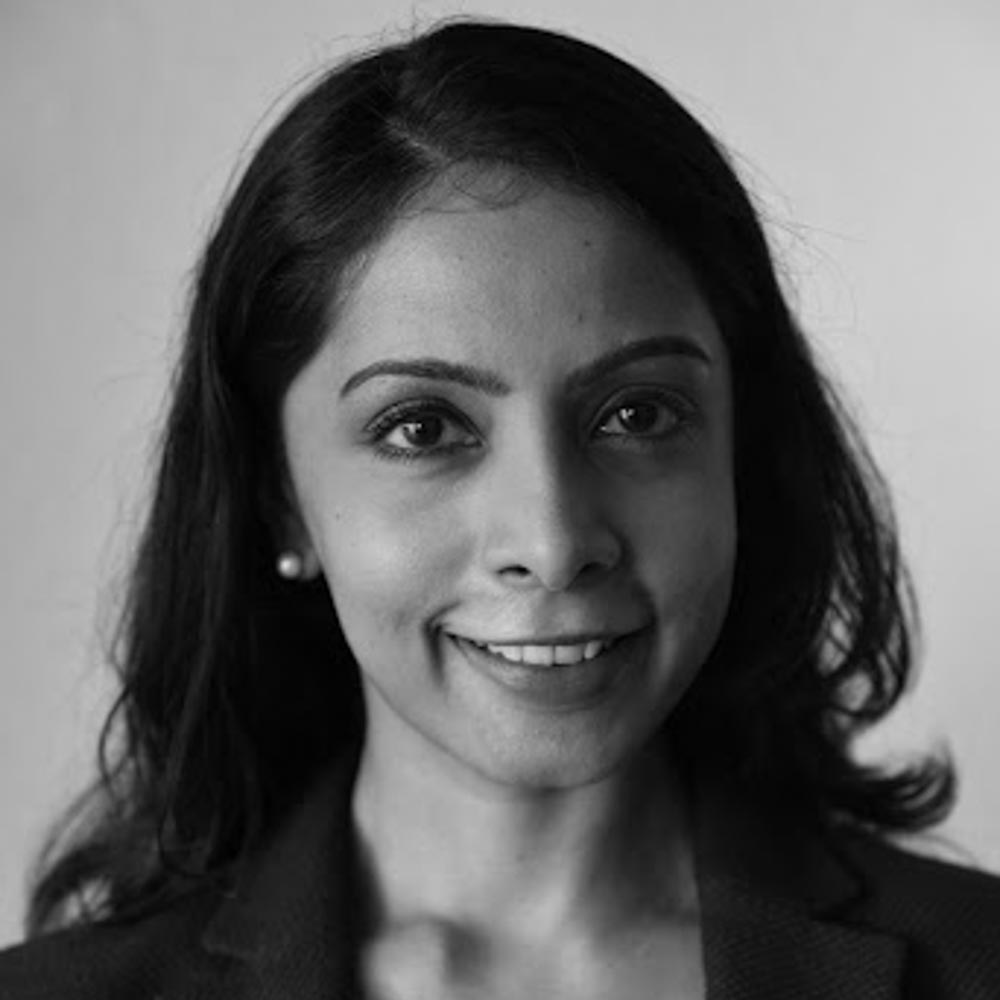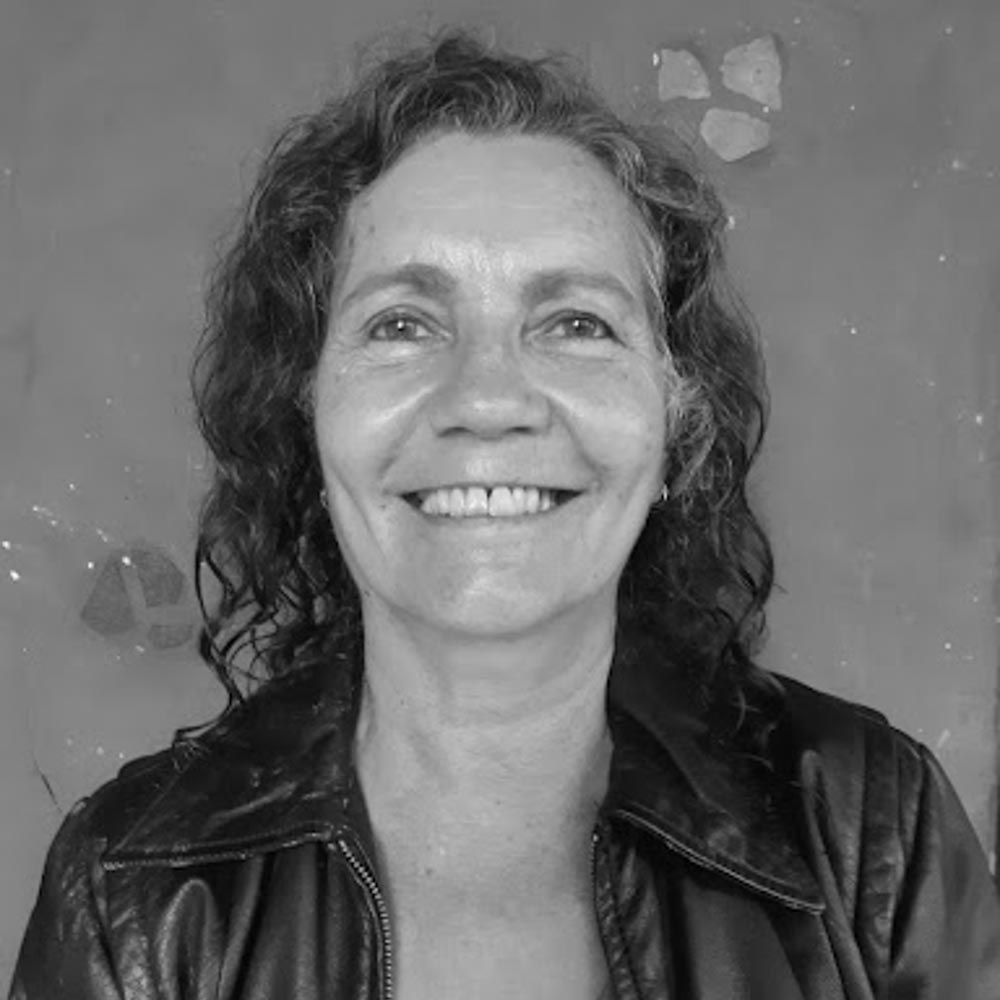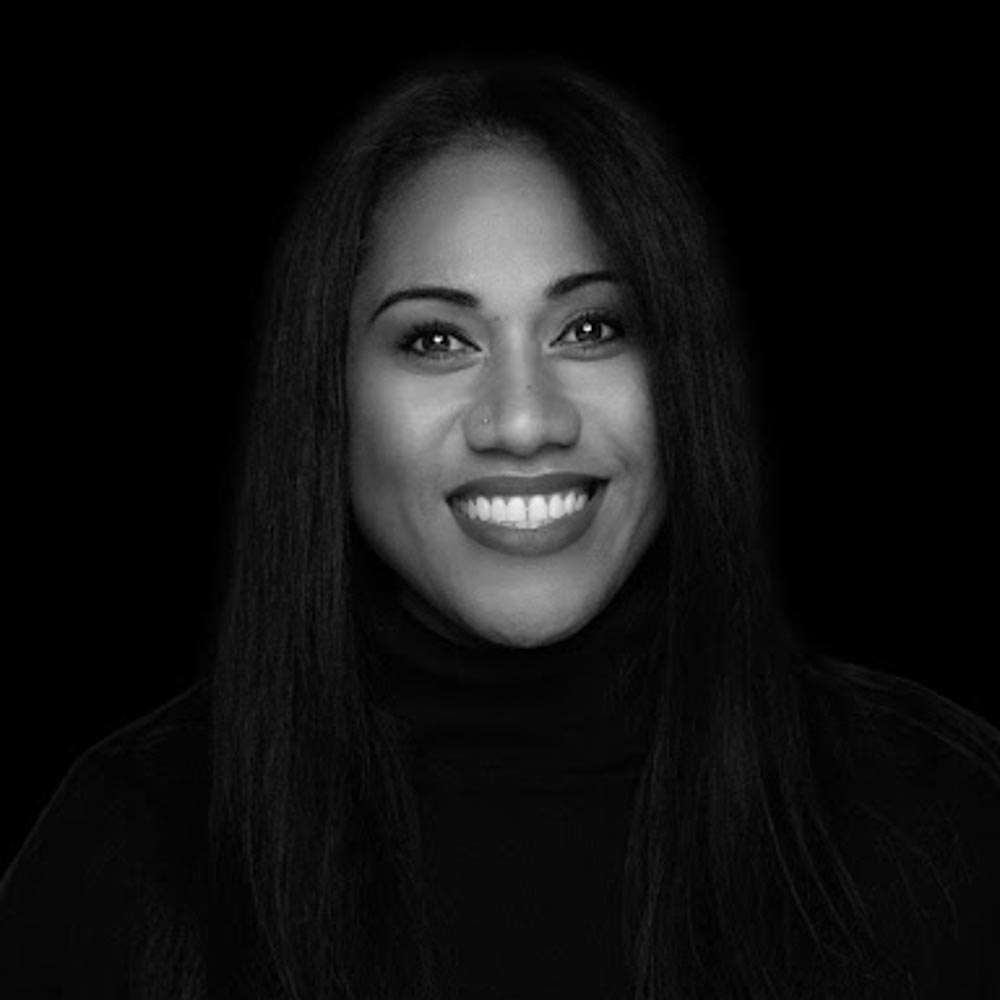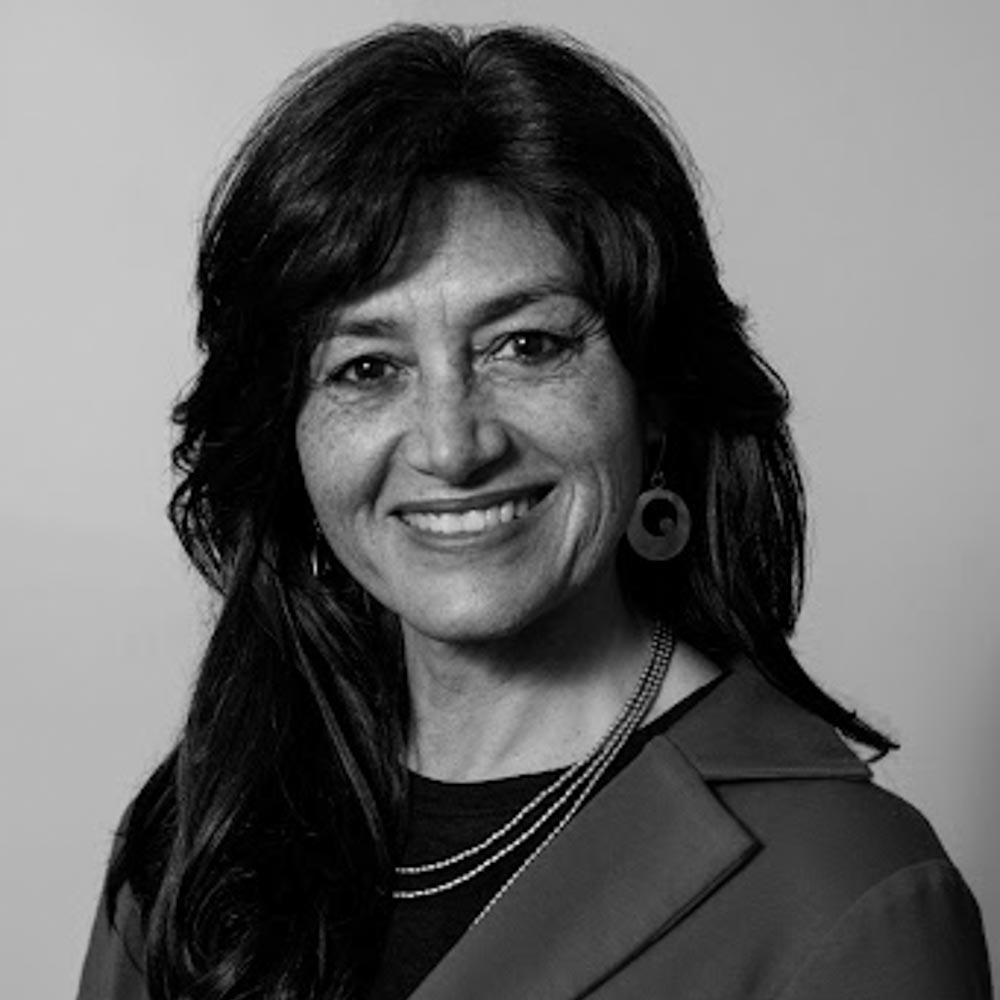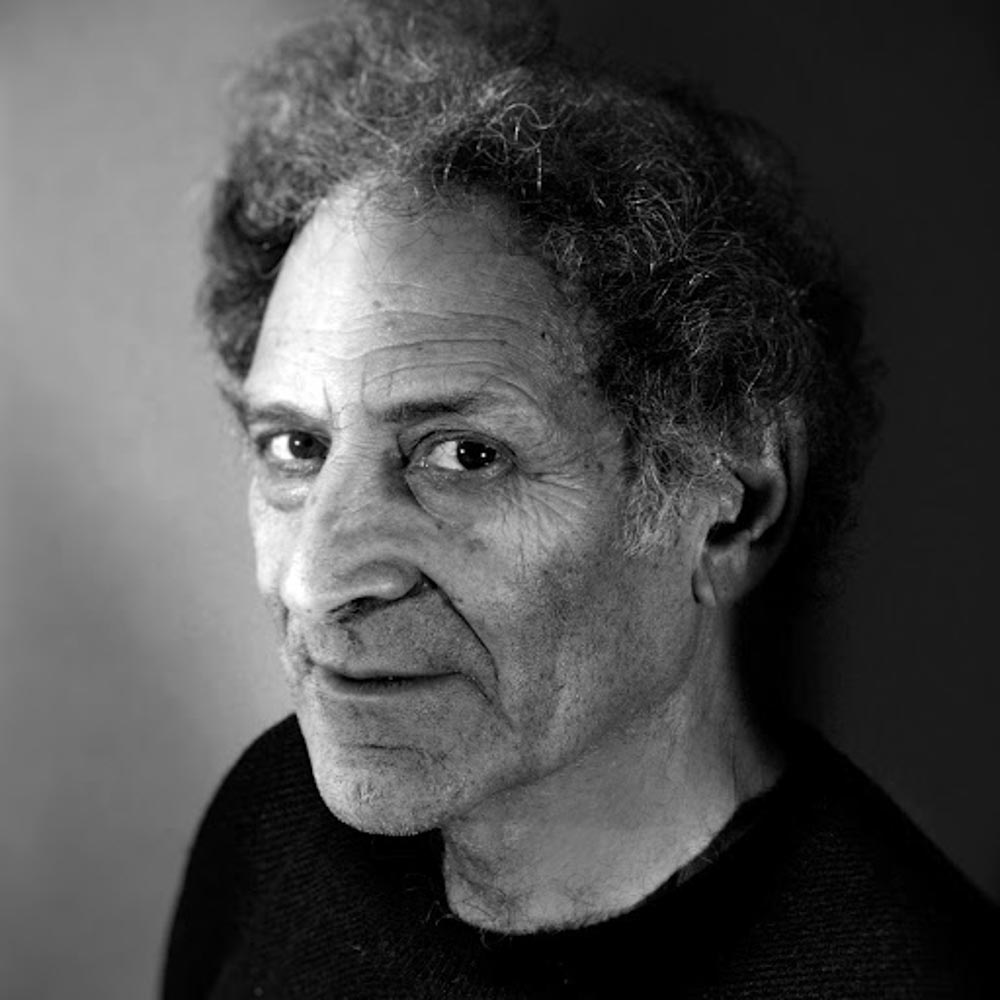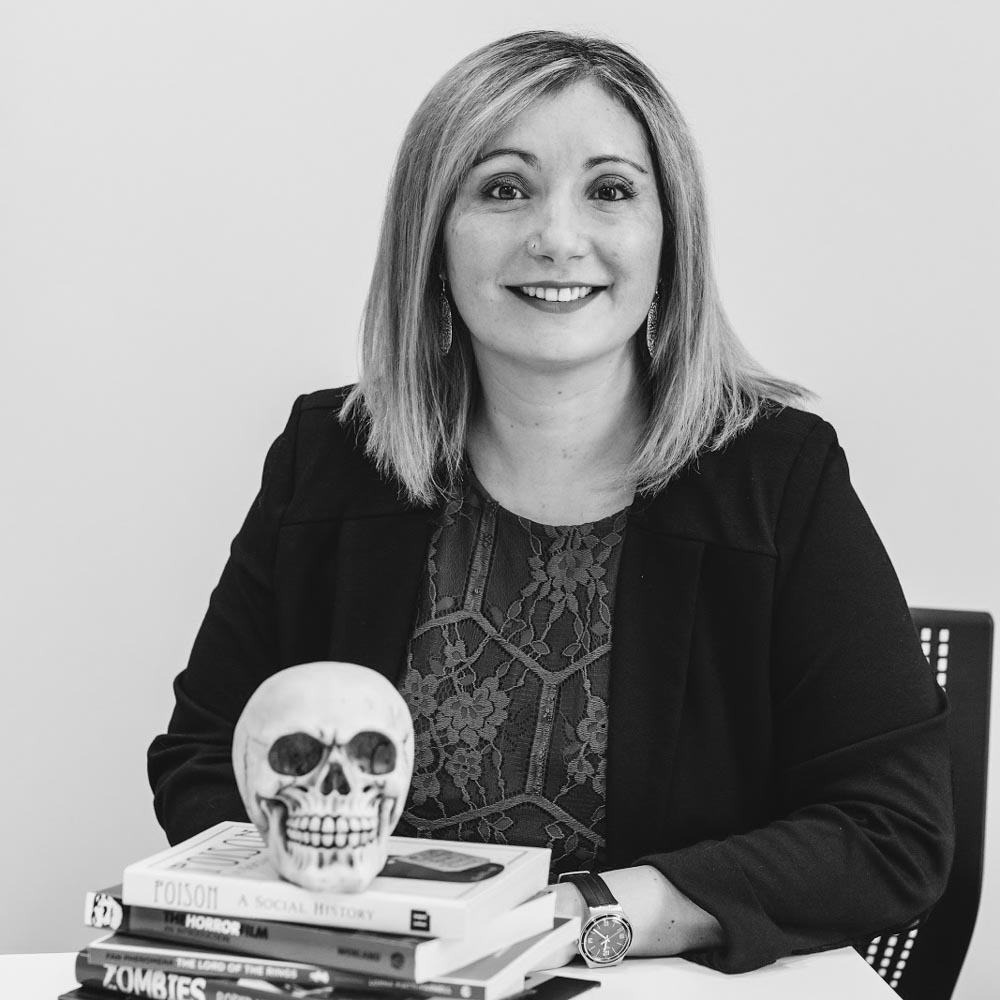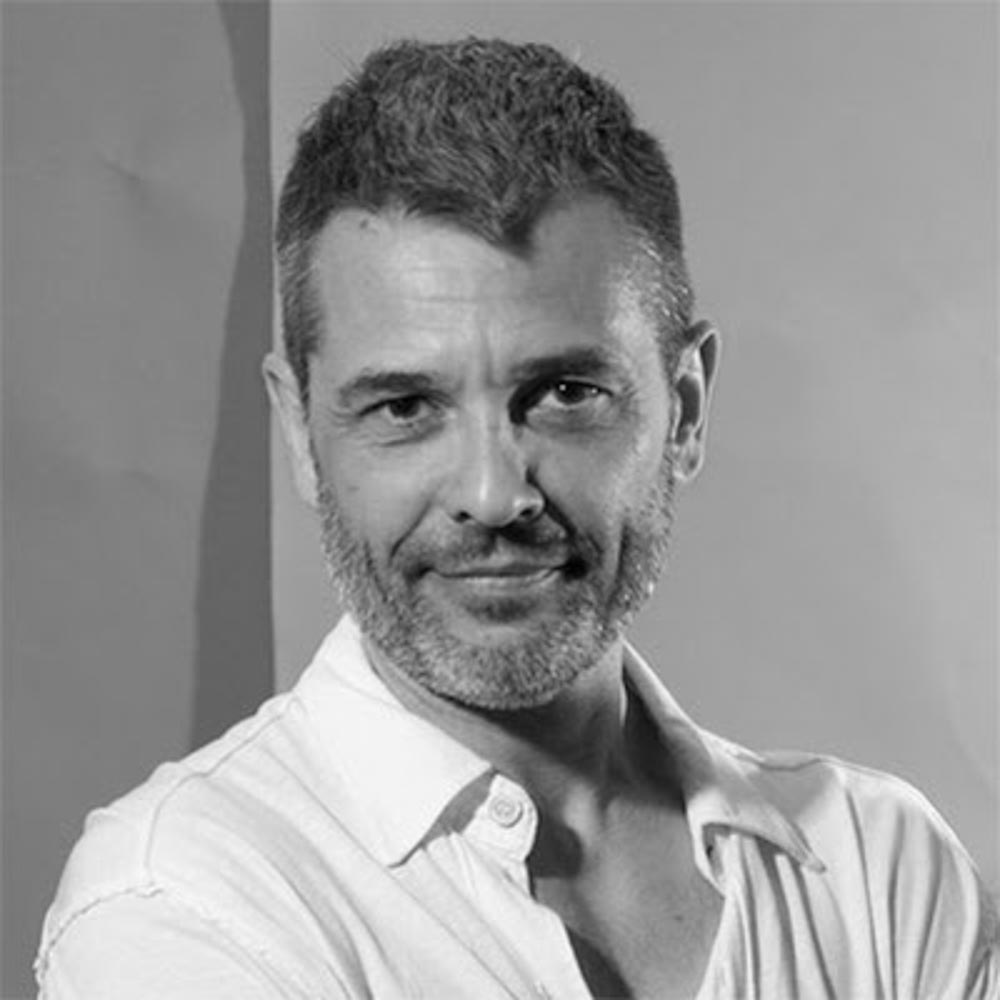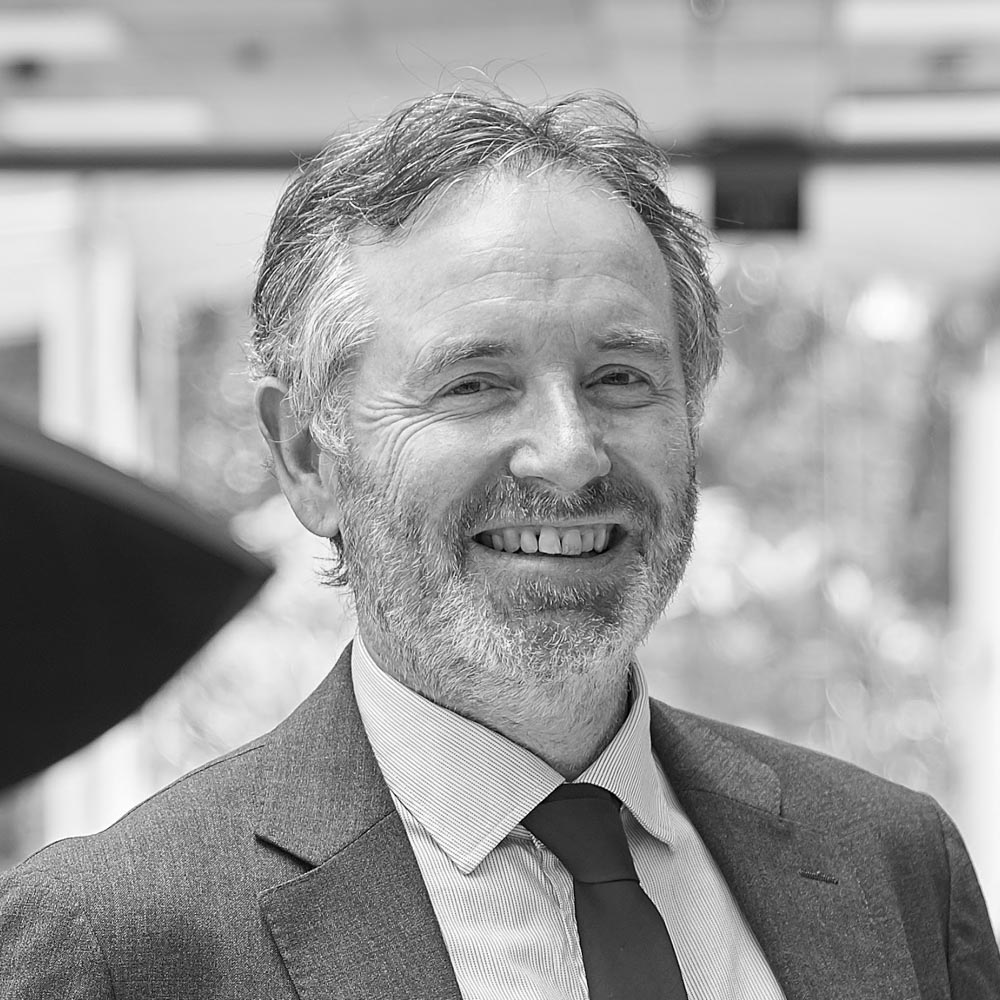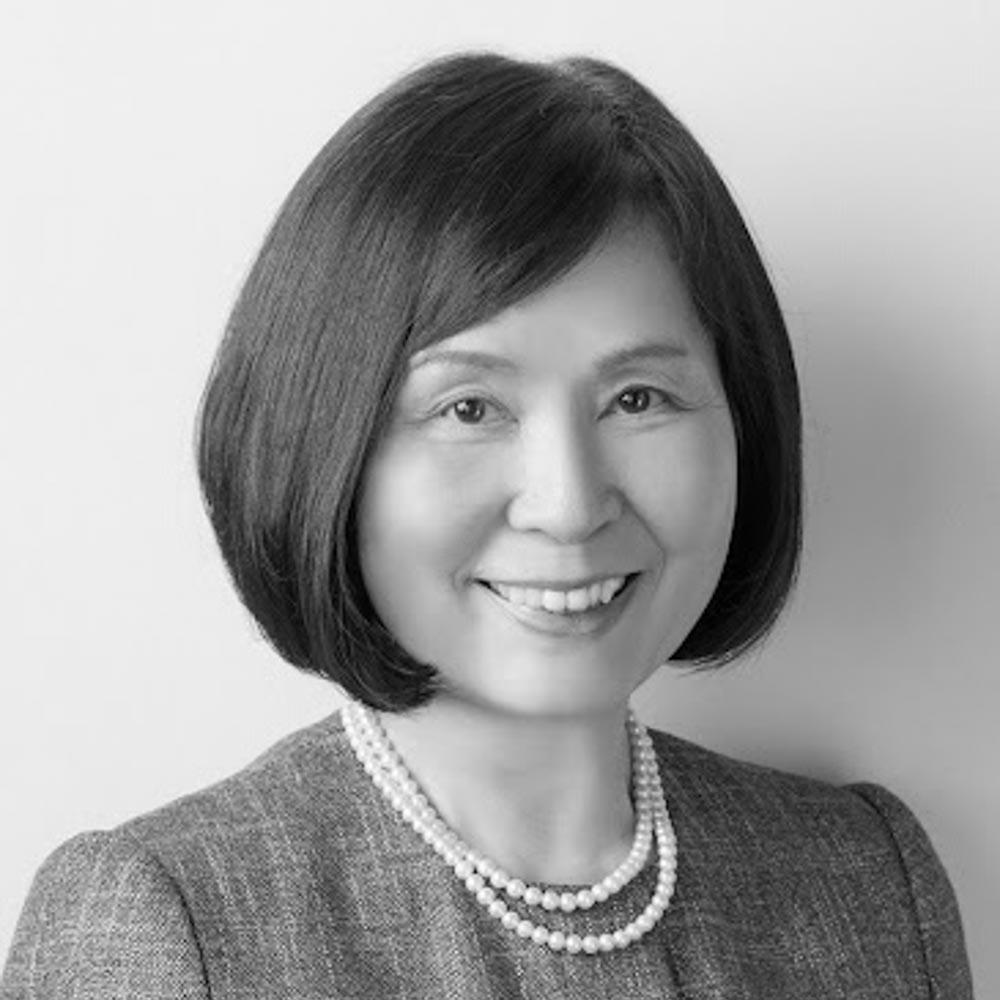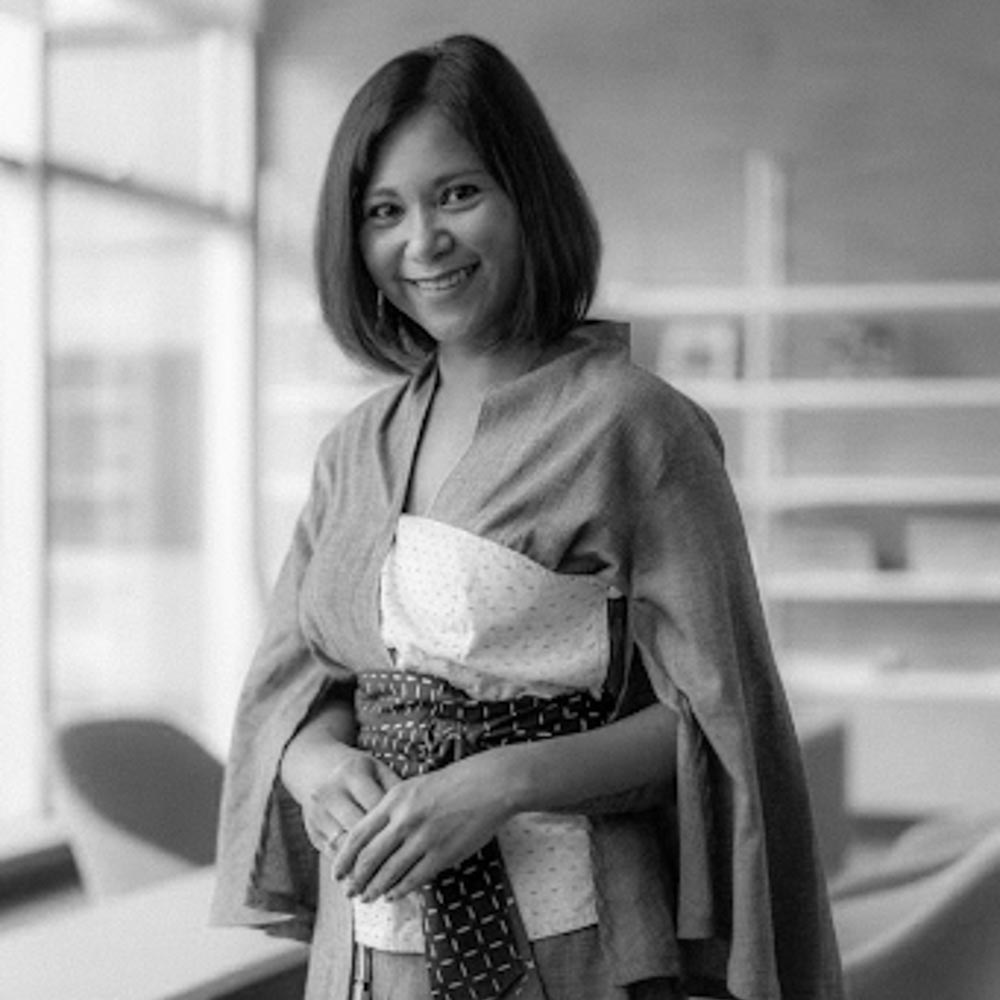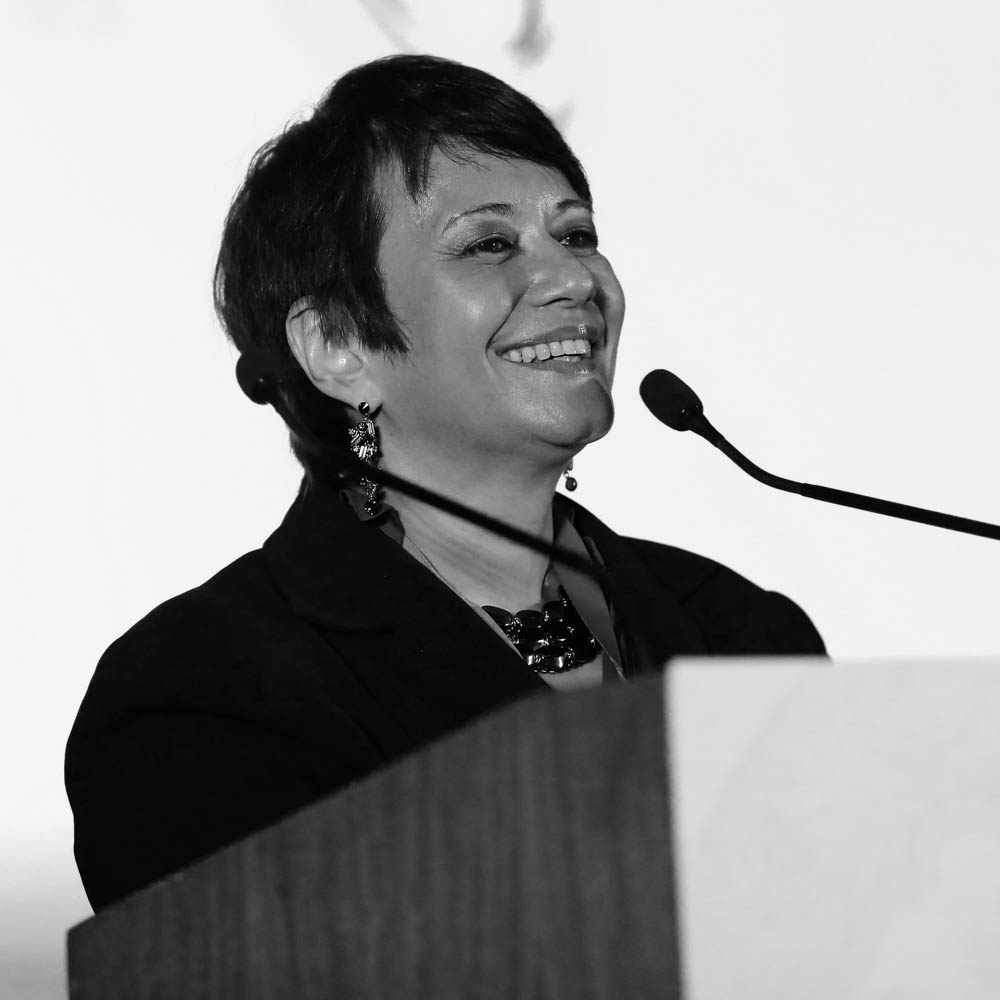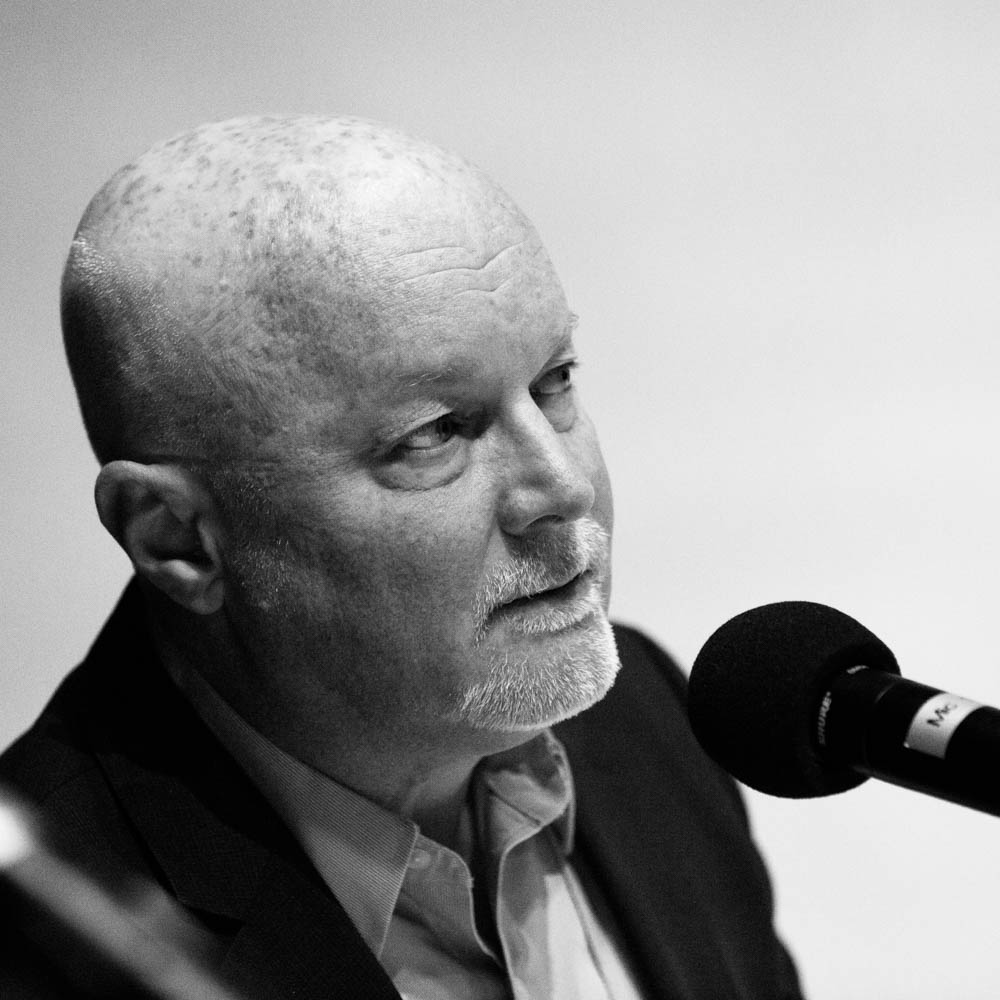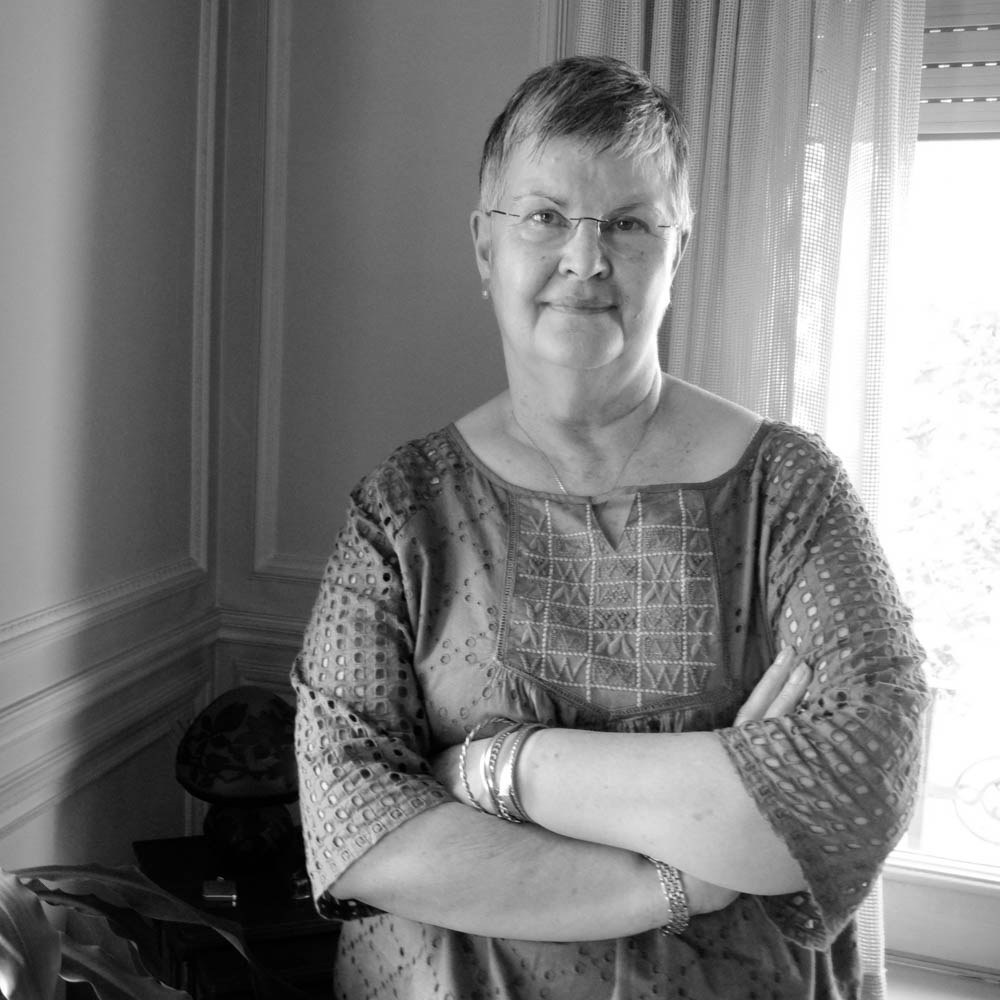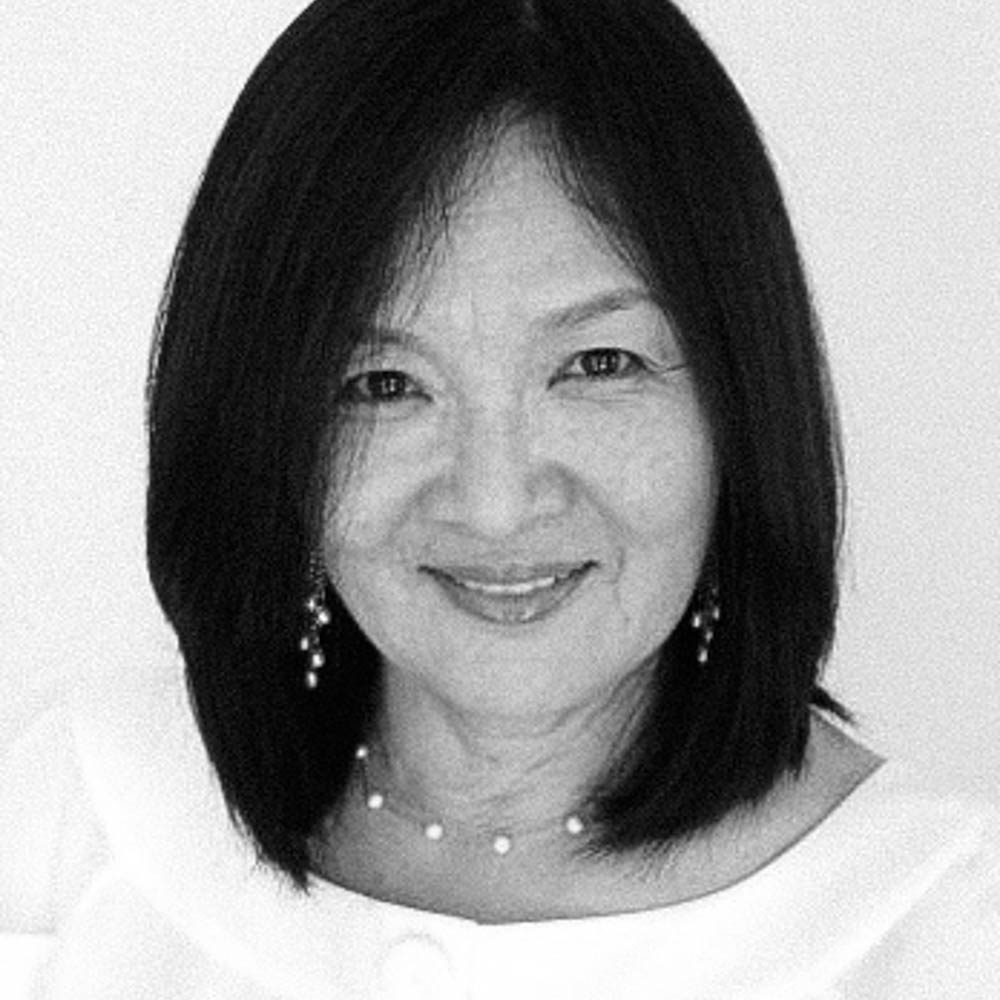
ACAS is organised by IAFOR in association with the IAFOR Research Centre at the Osaka School of International Public Policy (OSIPP) in Osaka University, Japan.
ACAS2022
June 06-09, 2022 | Held online from Tokyo, Japan
Programme
-
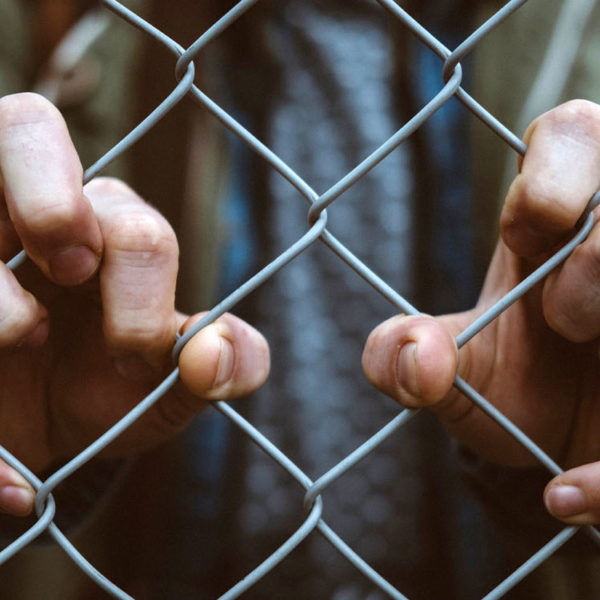 The Agony of Limbo and the Imprisonment of the Innocent: Tales from the Frontline, The Ongoing Saga of Australia’s ‘Pacific Solution’Keynote Presentation: Arnold Zable
The Agony of Limbo and the Imprisonment of the Innocent: Tales from the Frontline, The Ongoing Saga of Australia’s ‘Pacific Solution’Keynote Presentation: Arnold Zable -
 Narratives of Fear, Scarcity, and Resistance: Eco-Anxieties and the End of the World in Contemporary Horror Film and MediaKeynote Presentation: Lorna Piatti-Farnell
Narratives of Fear, Scarcity, and Resistance: Eco-Anxieties and the End of the World in Contemporary Horror Film and MediaKeynote Presentation: Lorna Piatti-Farnell -
 Digital Journeys: Refugees, Migration, MediaPanel Presentation: Earvin Charles Cabalquinto, Gerard Goggin, Laavanya Kathiravelu & Koen Leurs
Digital Journeys: Refugees, Migration, MediaPanel Presentation: Earvin Charles Cabalquinto, Gerard Goggin, Laavanya Kathiravelu & Koen Leurs -
 Indigenous Ways of Knowing, Precarity and ResiliencePanel Presentation: Umberto Ansaldo, Pilar Kasat, Seini F Taumoepeau & Marcelle Townsend-Cross
Indigenous Ways of Knowing, Precarity and ResiliencePanel Presentation: Umberto Ansaldo, Pilar Kasat, Seini F Taumoepeau & Marcelle Townsend-Cross
Speakers
-
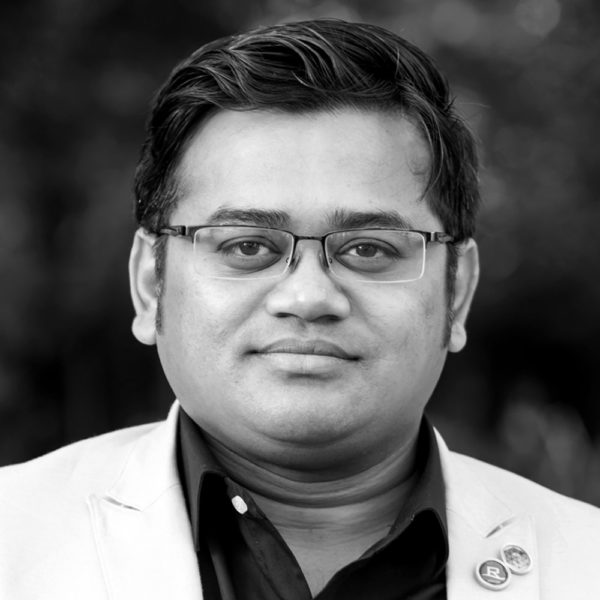 Muhammad NoorThe Rohingya Project
Muhammad NoorThe Rohingya Project -
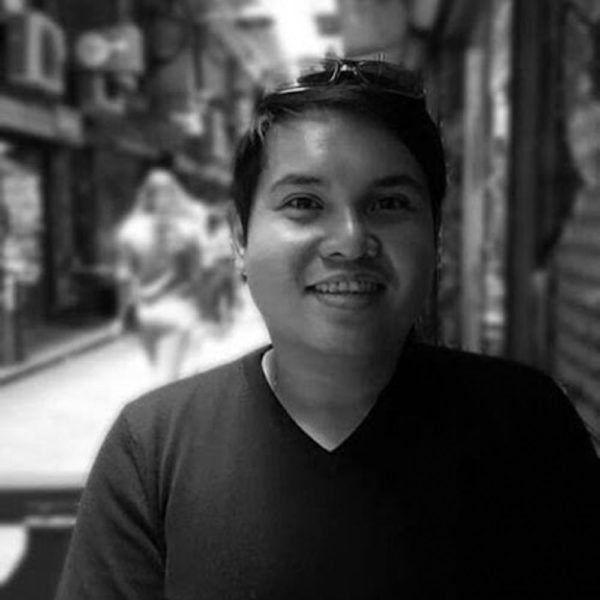 Earvin Charles CabalquintoDeakin University, Australia
Earvin Charles CabalquintoDeakin University, Australia -
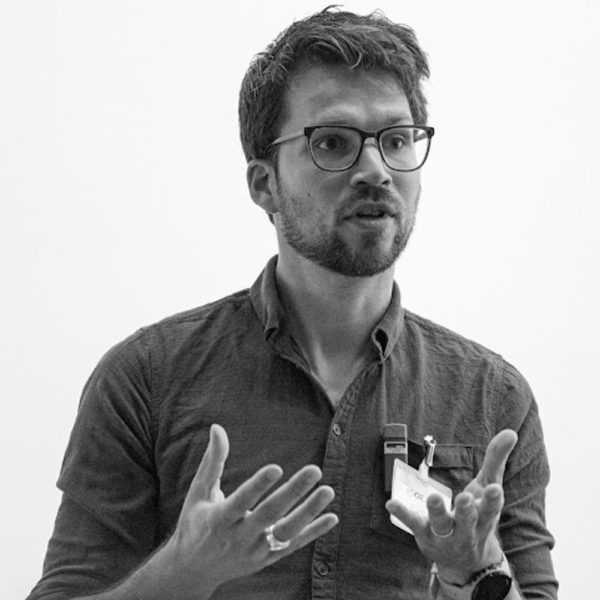 Koen LeursUtrecht University, Netherlands
Koen LeursUtrecht University, Netherlands -
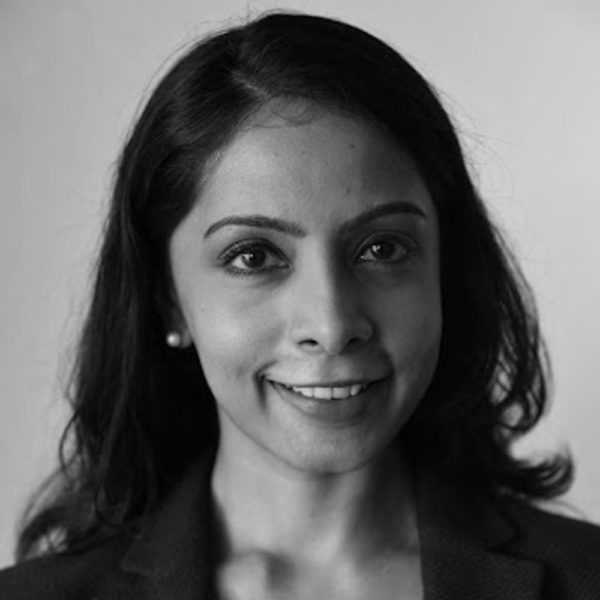 Laavanya KathiraveluNanyang Technological University, Singapore
Laavanya KathiraveluNanyang Technological University, Singapore -
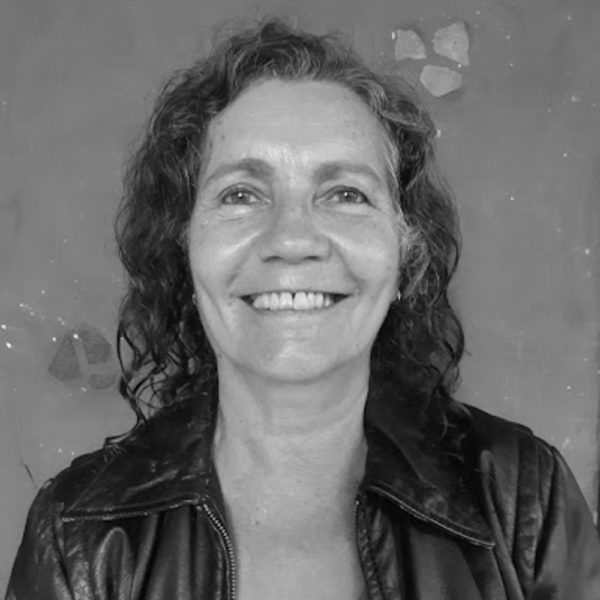 Marcelle Townsend-CrossUniversity of Sydney, Australia
Marcelle Townsend-CrossUniversity of Sydney, Australia -
 Seini F TaumoepeauArtist, Performer, Activist & Radio Presenter
Seini F TaumoepeauArtist, Performer, Activist & Radio Presenter -
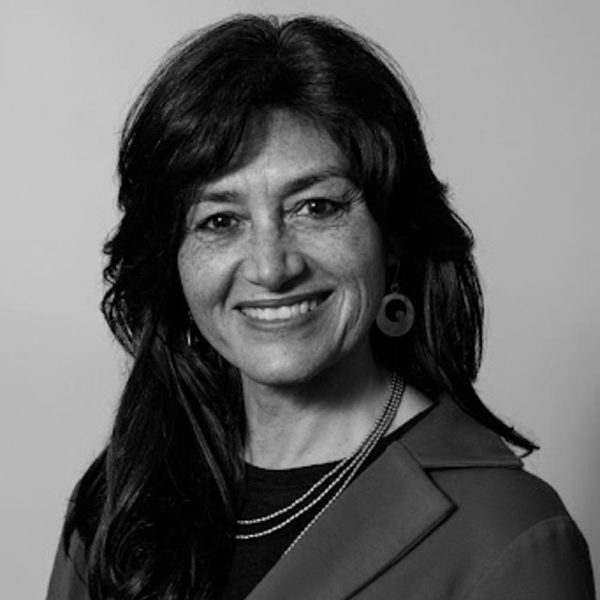 Pilar KasatCurtin University, Australia
Pilar KasatCurtin University, Australia -
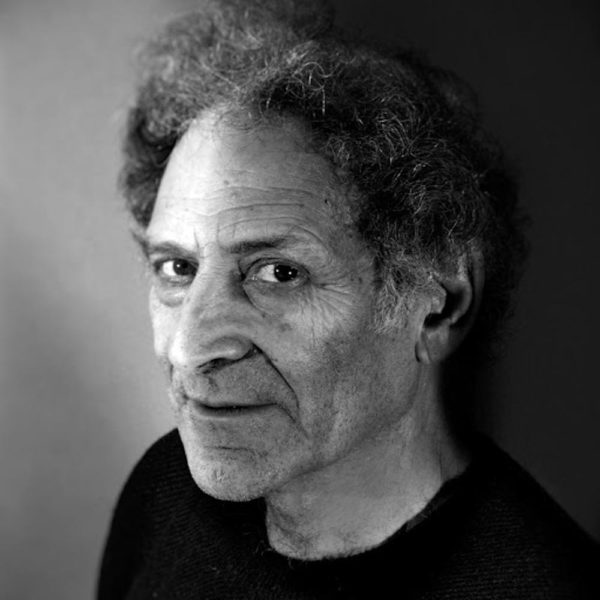 Arnold ZableWriter, Australia
Arnold ZableWriter, Australia -
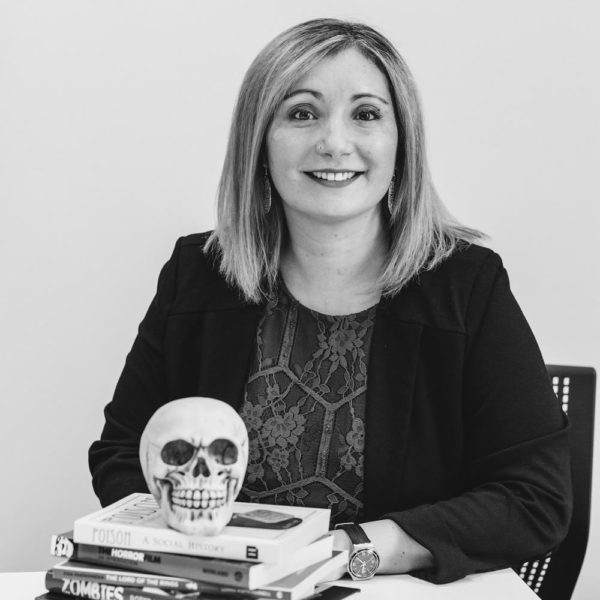 Lorna Piatti-FarnellAuckland University of Technology, New Zealand
Lorna Piatti-FarnellAuckland University of Technology, New Zealand -
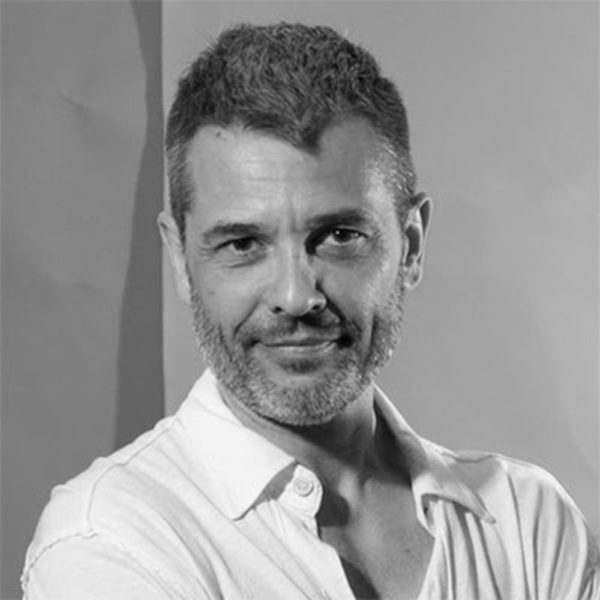 Umberto AnsaldoCurtin University, Australia
Umberto AnsaldoCurtin University, Australia -
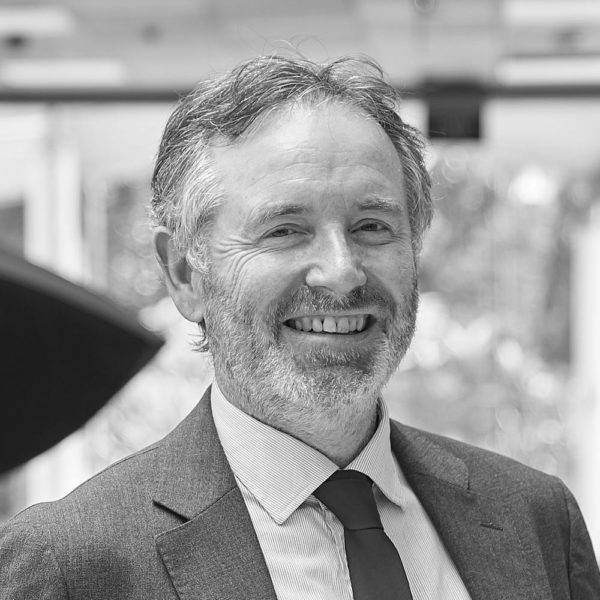 Gerard GogginNanyang Technological University, Singapore
Gerard GogginNanyang Technological University, Singapore
Organising Committee
-
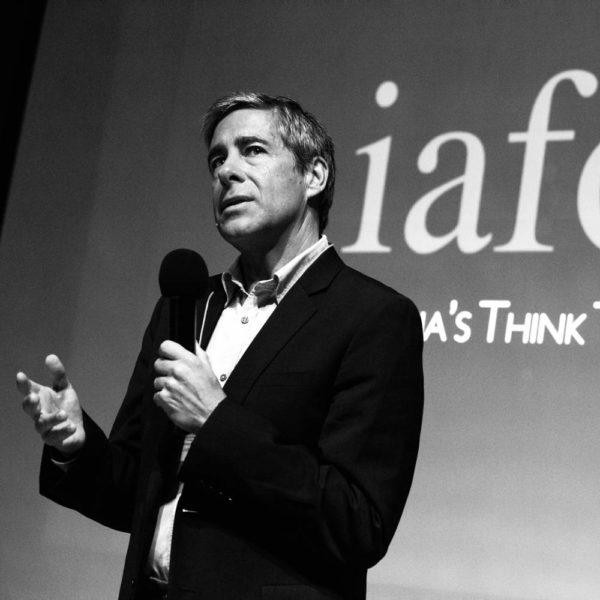 Baden OffordCentre for Human Rights Education, Curtin University, Australia & Cultural Studies Association of Australasia
Baden OffordCentre for Human Rights Education, Curtin University, Australia & Cultural Studies Association of Australasia -
 Lorna Piatti-FarnellAuckland University of Technology, New Zealand
Lorna Piatti-FarnellAuckland University of Technology, New Zealand -
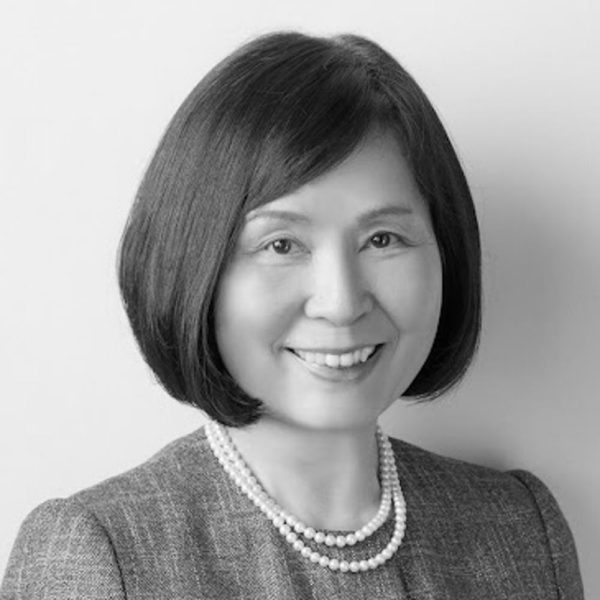 Yasue ArimitsuDoshisha University, Japan
Yasue ArimitsuDoshisha University, Japan -
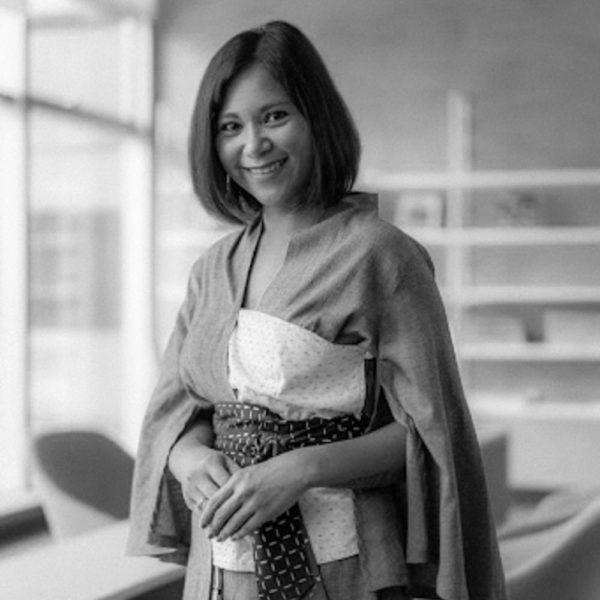 Darlene Machell EspenaSingapore Management University (SMU), Singapore
Darlene Machell EspenaSingapore Management University (SMU), Singapore -
 Umberto AnsaldoCurtin University, Australia
Umberto AnsaldoCurtin University, Australia -
 Gerard GogginNanyang Technological University, Singapore
Gerard GogginNanyang Technological University, Singapore -
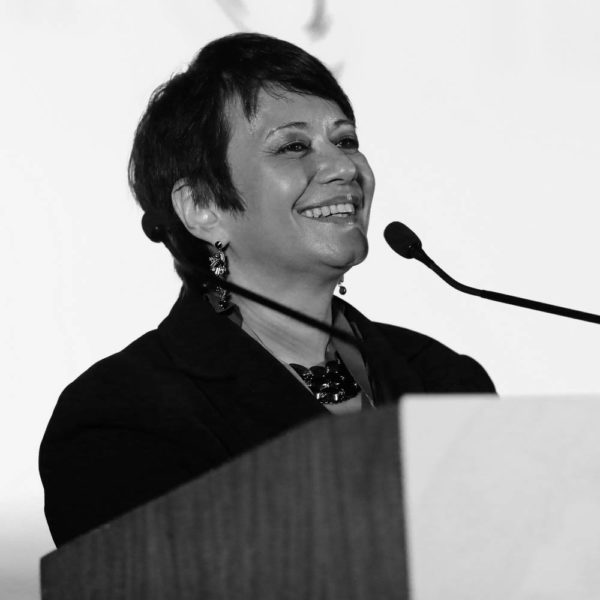 Keiko BangBang Singapore Pte Ltd
Keiko BangBang Singapore Pte Ltd -
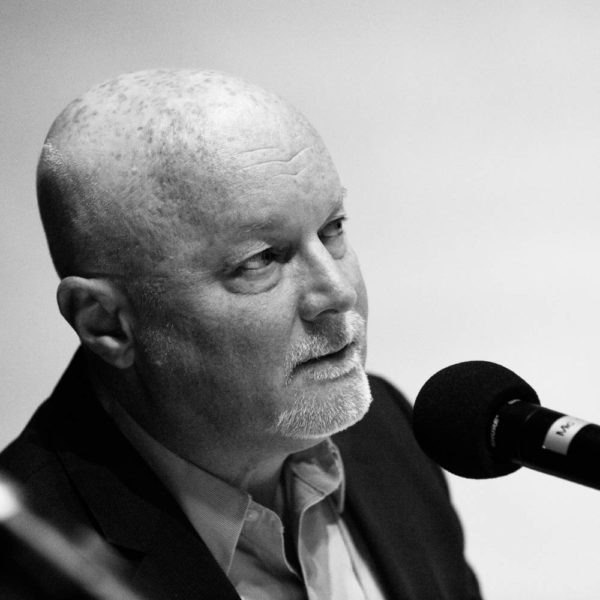 Donald E. HallUniversity of Rochester, United States
Donald E. HallUniversity of Rochester, United States -
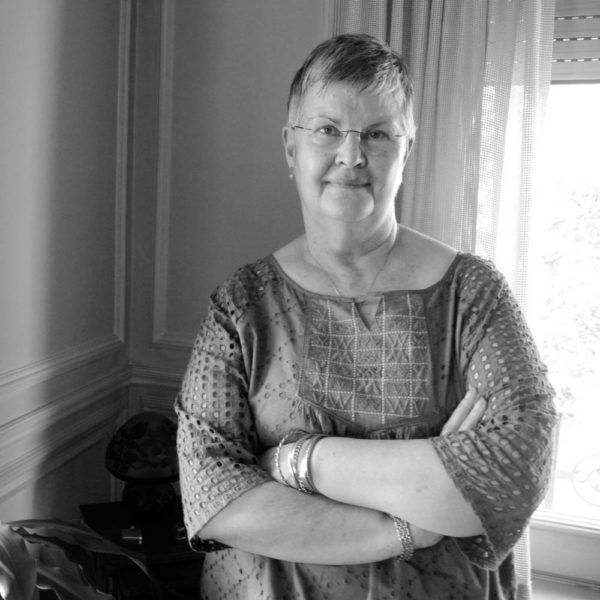 Sue BallynUniversity of Barcelona, Spain
Sue BallynUniversity of Barcelona, Spain -
 Joseph HaldaneThe International Academic Forum (IAFOR), Japan
Joseph HaldaneThe International Academic Forum (IAFOR), Japan -
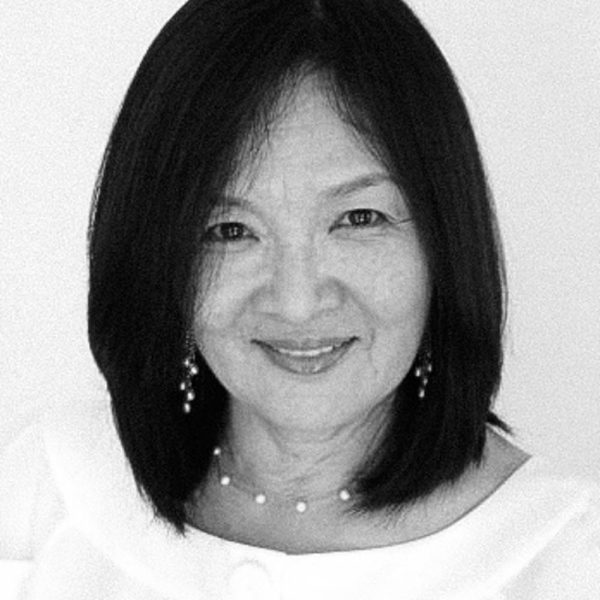 Seiko YasumotoUniversity of Sydney, Australia
Seiko YasumotoUniversity of Sydney, Australia
ACAS2022 Review Committee
- Professor Sara Abdoh, Faculty of Applied Arts, Benha University, Egypt
- Dr Allan Basas, University of Santo Tomas, Philippines
- Dr Yanjun Cai, Sun Yat-sen University, China
- Professor Naumana Kiran, University of the Punjab, Pakistan
- Dr Chai Lee Lim, Beijing Normal University-Hong Kong Baptist University United International College, China
- Dr Ogbonna Onyeisi, Enugu State University of Science and Technology, Nigeria
- Dr Zhaoxun Song, the Hang Seng University of Hong Kong, Hong Kong
- Dr Zi Yan, Waseda University, Japan
- Dr Yuki Yokohama, Kanto Gakuin University, Japan
Conference Outline
10:45-11:00: Announcements, Recognition of IAFOR Scholarship Winners, & Welcome Address
Joseph Haldane, IAFOR, Japan
11:00-12:00: Panel Discussion
Indigenous Ways of Knowing, Precarity and Resilience
Pilar Kasat, Curtin University, Australia
Seini F Taumoepeau, Artist, Performer, Activist & Radio Presenter, Australia
Marcelle Townsend-Cross, University of Sydney, Australia
Umberto Ansaldo, Curtin University, Australia (Moderator)
12:00-12:10: Break
12:10-12:55: Keynote Presentation
Narratives of Fear, Scarcity, and Resistance: Eco-Anxieties and the End of the World in Contemporary Horror Film and Media
Lorna Piatti-Farnell, Auckland University of Technology, New Zealand
12:55-13:05: Break
13:05-14:05: Panel Discussion
Digital Journeys: Refugees, Migration, Media
Earvin Charles Cabalquinto, Deakin University, Australia
Laavanya Kathiravelu, Nanyang Technological University, Singapore
Koen Leurs, Utrecht University, Netherlands
Muhammad Noor, The Rohingya Project
10:00-11:40: Live-Stream Presentation Session 1
Room A: Symposium – Transcending the Cold War Paradigm: Revisiting the Economic Diplomacy in Late 20th Century Asia
63640 | Entrepreneurs, Cadets, and Compradors: The Making of Beijing’s Regional Trading Network in Southeast Asia, 1950-1959
63662 | Japan’s Development Assistance to Southeast Asia: Focusing on the Agricultural Development Fund 1965-1968
63671 | The Gulf Crisis and War: Japanese’s Threat Perception of Being Involved in a War
63653 | Trading with the Enemy: The COCOM and the U.S. Computer Export to China, 1977-1980
Room B: South-East Asian Studies
63873 | Tabuan: Its Resilience in the Context of Marginalized Sectors
63829 | COVID-19 Vaccine Booster Decision-making Factors in Vietnam: A Qualitative Research
63859 | An Indonesian Model? Civil Society and Refugee Protection in Indonesia
62628 | Inclusivity and Equity for Whom? Sustainable Development Goal 4’s Enactment for Ethnic Minorities in Laos
11:40-11:50: Break
11:50-13:30: Live-Stream Presentation Session 2
Room A: Education
63795 | Management Strategies of Universities on the Utilization of Sports Facilities: A Multiple Case Study
62197 | Mapping the Musical Resources in Ilocano Language into the Grade 1 Curriculum for Ilokano Schools
63774 | Student Mobility in Internationalization Initiatives of Selected HEIs: Experiences
63664 | Thoughts on Social Responsibility Teaching and Learning in the Context of Middle Eastern University
Room B: Politics & International Relations
63608 | Japan’s and South Korea’s Democracy Promotion: Asian Responses to the February Coup in Myanmar
62528 | Founding Father or Traitor to the Nation? Contested Memories of Syngman Rhee in Mid-1990s South Korea
63875 | Beyond Reclaiming Space: Resilience to Ethnic Recentering in South Korea
63879 | Thailand as Another Stage of Modern Sino-Japanese Relations
13:30-13:40: Break
13:40-14:25: Keynote Presentation
The Agony of Limbo and the Imprisonment of the Innocent: Tales from the Frontline, The Ongoing Saga of Australia’s 'Pacific Solution'
Arnold Zable, Writer, Australia
16:00-17:40: Live-Stream Presentation Session 1
Room A: Interdisciplinary Asian Studies
63256 | From Strangers to Participants: Hui Intellectuals’ Involvement With the Transnational Muslim Network in the Early Twentieth Century
64123 | Indigenizing Order and Agency: A Southeast Asian Perspective on the ‘Free and Open Indo-Pacific’ and the Rising China
62843 | Thomas Cook & Son, Burma and Colonialism, 1886-1948
63826 | Power and COVID-19: How the Pandemic Benefitted India’s Position in Kashmir
Room B: Interdisciplinary Cultural Studies
62746 | Chinese Language Teacher Identity Development Through Rapid Digitalization of Language Preparatory Courses
63820 | Narrating Modern Chinese Women’s Lives
62596 | In a Search to Belong: “The Lived Experience of Being a Refugee”
61776 | More than a Costume: Hanfu Fever and the Discourses on Chinese Cultural Nationalism and Identity
17:40-17:50: Break
17:50-19:05: Live-Stream Presentation Session 2
Room A: Chinese Studies
62846 | The Piano in a Chinese New Zealand Diaspora Setting: Musical Biography and Cultural Identity
62744 | Between Law and Justice: Self-defense Principle in Late Qing China Penal Cases
62838 | Exploring How Academic Performance Influences Female’s Choice of STEM Field in China: A Mediating Effect at Psychological and Cultural Levels
Room B: Cultural & Areas Studies
63878 | Challenges and Opportunities: Musicals in China in the Era of Covid-19 Pandemic
63884 | Transitional Community under COVID-19: University as the Actor of Regional Revitalization
63128 | Creating Brand Identity in Museums: The Troy Museum
19:05-19:15: Break
19:15-20:55: Live-Stream Presentation Session 3
Room A: Japanese Studies
61906 | Persevering With Intercultural Performing Arts During a Pandemic: Semiotic Clusters and an Online Noh Performance
62842 | Traditional Folk Textile Dyeing in Japan: Diversity and Continuity of the Craftspeople’s Ateliers (kōbō)
62638 | National Trauma and Resilience in the Works of Murakami Haruki
Room B: Interdisciplinary Cultural Studies
63630 | Fantazied Romanticity: Rethinking the Roles of Curtained Motel in Thai Contemporary Culture
62854 | Understanding Wabi and Sabi in the Context of Japanese Aesthetics
63822 | A Study of Subject’s Plight in David Henry Hwang’s M.Butterfly
63853 | The Collective Construction of Romantic Narratives among Chinese Real Person Slash Fandom Communities
20:55-21:05: Break
21:05-22:45: Live-Stream Presentation Session 4
Room A: Asian Studies: Symbolism & Beliefs
63069 | Tapedn, Floods and the (Endless) Pandemic: Reemergence of Indigenous Beliefs among Kensiu in Baling, Kedah
61938 | The Multifarious Temple Art of Jayavarman VII and the French Orientalist Interest in Cambodia
63863 | Symbolization, Self-Symbolization and De-symbolization – Exploring the Indigenous Totems in Taiwan
Room B: Interdisciplinary Cultural Studies
63876 | Mass Ignorance of the Human in Web 2.0: Virtual Celebrities and the Emancipation of/ from Idolatory
62858 | Mental Stress in The Streaming World: Decision Fatigue in Leisure Time Among Young Adults in Dubai
63897 | "Out-of-Factory" Activities in Public Spaces: Filipino Male Migrant Workers in Seoul
62856 | Practising Urban Commons Between Autonomy and Togetherness: Revisiting the Precariat Movement in Tokyo and Seoul From a Comparative View
22:45-22:55: Conference Closing Session
62533 | Promoting Food and Sustainable Agriculture Traditions of Japan through Study Abroad Opportunities
62767 | The Chinese Interior during the Han Dynasty (202 B.C.-220 A.D.)
63273 | Practical Exploration: A Research About the Strategies, Core Content, and Implement of the Palace Museum Transmedia Narrative Communication
63422 | Real Men Fantasy: Explore The Media Representation of Effeminate Males in China
63639 | Health Impact Perceived by University Students at Three Sites in Asia: Two Years into the Pandemic
61802 | Copper Workers and Their Technology – A Survey of Chotanagpur Region
62569 | Punica Granatum (Zakuro in Japanese). Basis for a Reflection on Cultural History
62840 | Shindo Jujo’s Island of Treasures: A Rebel Myth for Okinawa
63686 | Japanese Characteristics as Seen in Iroha Karuta
62173 | Family Caregiving as a Spiritual Experience: Experience of Spirituality of Korean Family Caregivers in Elder Caregiving
62924 | Crisis, and the Importance of Traditional Wisdom in the Folklore of the Bengal Delta, in the Age of the Anthropocene
63562 | Historical Study of Chinese Clan Associations in Singapore
63756 | Significance of a King in the South-east Section of the Silk Road in the Period Between Ancient and Medieval Times
62859 | Blaan Lingen: Folk Music as a Depiction of Culture and Expression of Traditional Values
63203 | Dialogue Between Religion and Technology: Case Study of Fo Guang Go
63872 | Culture as Data: Notes on the Ontological and Methodological Implications of the Network Turn
63781 | Visual Culture Strategies for Right-Brain Learning in the Early Stages of Maltese as a Foreign Language
62435 | Preparing Periphery: Climate Infrastructure as National Security in the Greater United States
62799 | Unveiling the Pragmatics of Maguindanaon Greetings
62848 | The Differences of Online Dating Profiles Between Gay Adults of Younger and Older Age Ranges
62543 | The Reimagined Migrant Portrait – Exploring the Lives of Chinese and Taiwanese Minorities Living in South Africa
